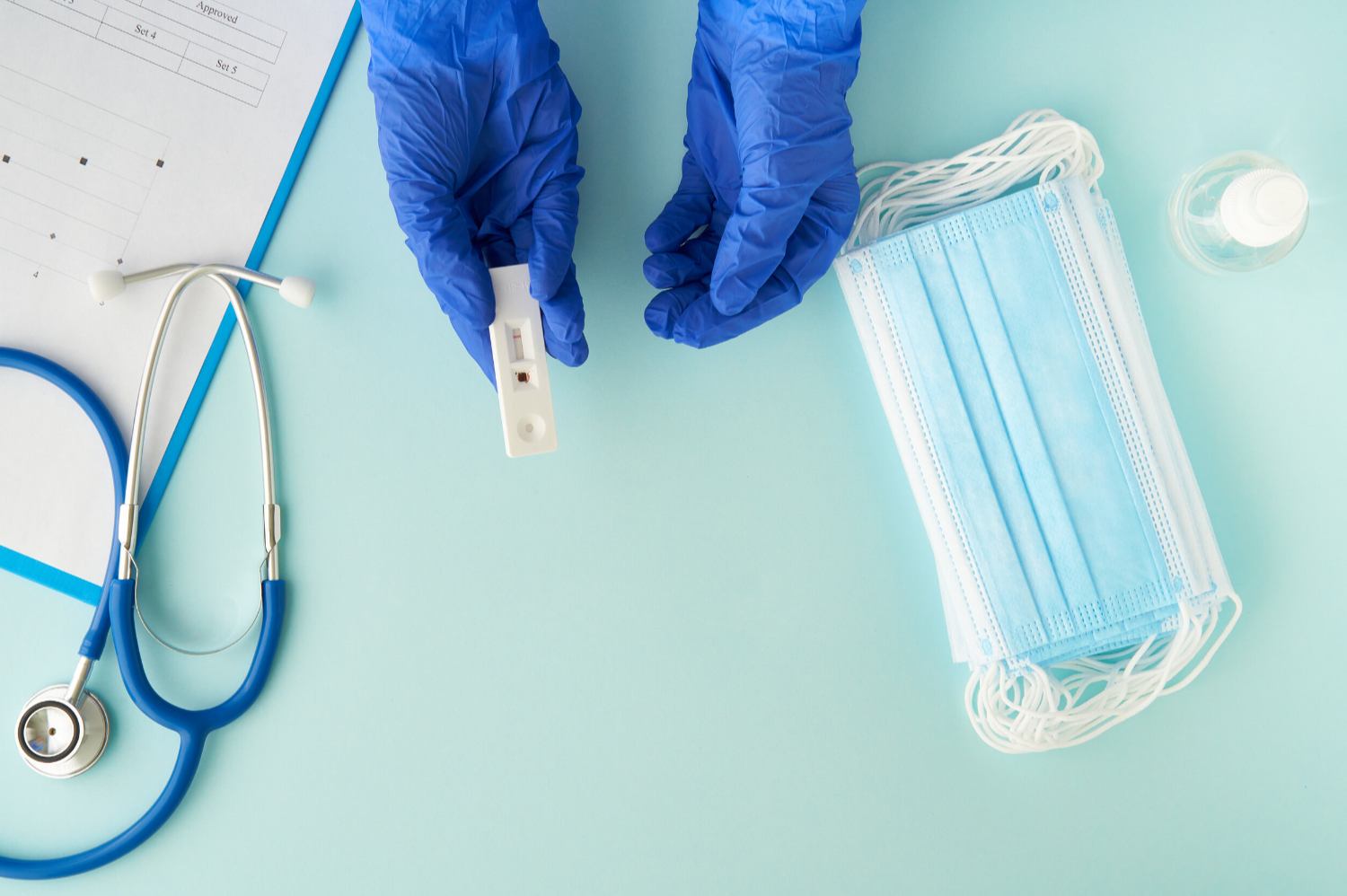
CDC COVID Data Tracker
For the latest numbers and more Testing data, click on the image below or visit cdc.gov:
Asymptomatic Transmission, the Achilles’ Heel of Current Strategies to Control Covid-19
Learn more…
Antigen Testing - Effective for Asymptomatic Individuals?
According to the CDC, “There are limited data to guide the use of rapid antigen tests as screening tests on asymptomatic persons to detect or exclude COVID-19, or to determine whether a previously confirmed case is still infectious.”
COVID-19 Risk Factors:
Hospitalized in the last 6 months
History of smoking or vaping / Current smoking or vaping
Asthma
COPD
Pulmonary fibrosis
Cystic fibrosis
Heart arrhythmia
Cardiomyopathy
Heart disease
Coronary artery disease
Hypertension
Congestive heart failure
Stroke, TIA, or cerebrovascular disease
Dementia or other neurologic conditions
Cancer-completed treatment
3-month immunity post recovery
On 8/14/20, the CDC updated its isolation guidance: “People who have tested positive for COVID-19 do not need to quarantine or get tested again for up to 3 months as long as they do not develop symptoms again.” The CDC’s latest update on 10/27/20 maintains the same guidelines.
A recent peer-reviewed study concluded that “Rare but recurring RBD-specific antibodies with potent antiviral activity were found in all individuals tested, suggesting that a vaccine designed to elicit such antibodies could be broadly effective.”
Symptoms of COVID-19…
…can include fever or chills, cough, shortness of breath or difficulty breathing, fatigue, muscle or body aches, headache, new loss of taste or smell, sore throat, congestion or runny nose, nausea or vomiting, and diarrhea. If your symptoms worsen or become severe, you should seek medical care.
Severe symptoms include trouble breathing, persistent pain or pressure in the chest, confusion, inability to wake or stay awake, or bluish lips or face.


